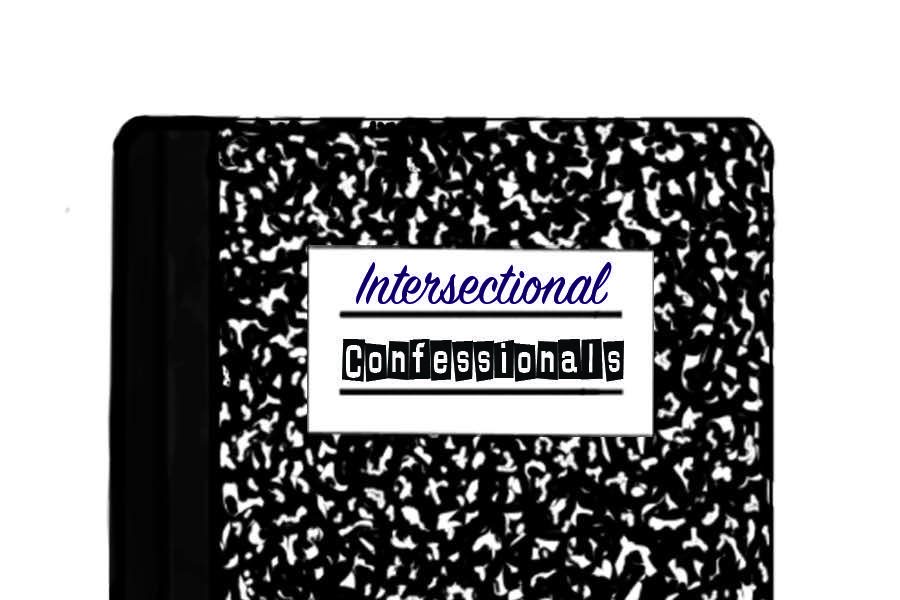Brain Waves: On being unwanted, my experience as an undocumented citizen
I had just turned six the first time I saw snow. It was New York during the winter of 2003. I had a broken right tibia, so I couldn’t do much, but it was magical moment nonetheless. I remember at least a foot of powdery snow over acres of backyard, though it was really just a few inches of dirty slush on the road.
Nearly 15 years later, I still love that dirtiness, the grit of the city I grew up in. In so many ways, New York and even America make up who I am. Then, like it has forgotten our history, my home spits me out and tells me I am unwanted here.
My parents hid that we were undocumented from my sister and me until I began high school.
Undocumented.
It was a difficult concept to grasp, one that still sometimes escapes me today. I no longer hold that label the way I used to; I no longer have the words “illegal immigrant” crammed into my chest, poking through my ribs. Instead, they linger gently but remain stamped in my parents’ flesh.
This is because of former President Barack Obama’s Deferred Action for Childhood Arrivals. In the summer of 2012, my sister and I applied for DACA, and my parents held their breath until we were approved.
DACA allows those who came to the United States as children under a variety of specific circumstances to request deferred action for a period of two years with the possibility of renewal. More than 750,000 unauthorized immigrants — often called DREAMers after the Development, Relief, and Education for Alien Minors Act that planned to provide a path to legal status for undocumented high school graduates — currently benefit from this policy.
It grants people like myself work authorization, state identification, driver’s licenses and social security numbers but offers no clear path to permanent residence or citizenship. At least we won’t get deported, as long as we have no criminal records. And, of course, as long as the new administration continues to “show great heart“ regarding the DACA program.
Sometimes when I walk around New Orleans, I am reminded of the heat, the humidity of the country I was born in. “I don’t think I’d survive there anymore,” my mother laughs, wiping the sweat off her forehead during my move-in week. By “there,” she means “home,” though it stopped being ours over a decade ago.
It is undoubtedly true that I would not be at a school like Tulane University without DACA and the wholehearted goodness of my parents. Why, then, do I seem so resentful of this school, so ungrateful? Why do I not thank my lucky stars that I get to be here?
Maybe because when I tell you I’m not studying abroad, you look at me like I’m absolutely insane, like I’m working too hard, like I’m wasting my youth. Maybe because I will always be different from you, even though you don’t know my status and I forget it myself every now and then. Maybe because you don’t have to worry about some of the things that are etched onto the inside of my eyelids.
If this is what it’s like to DREAM on this campus, I’m not so sure I want to stay — and yet I must. I must, to rise for those who are not afforded the same fortunes that I am. I must, to stand for those who are silenced. I must, I must, I must.
*The writer wishes to remain anonymous.
Your donation will support the student journalists of Tulane University. Your contribution will allow us to purchase equipment and cover our annual website hosting costs.



